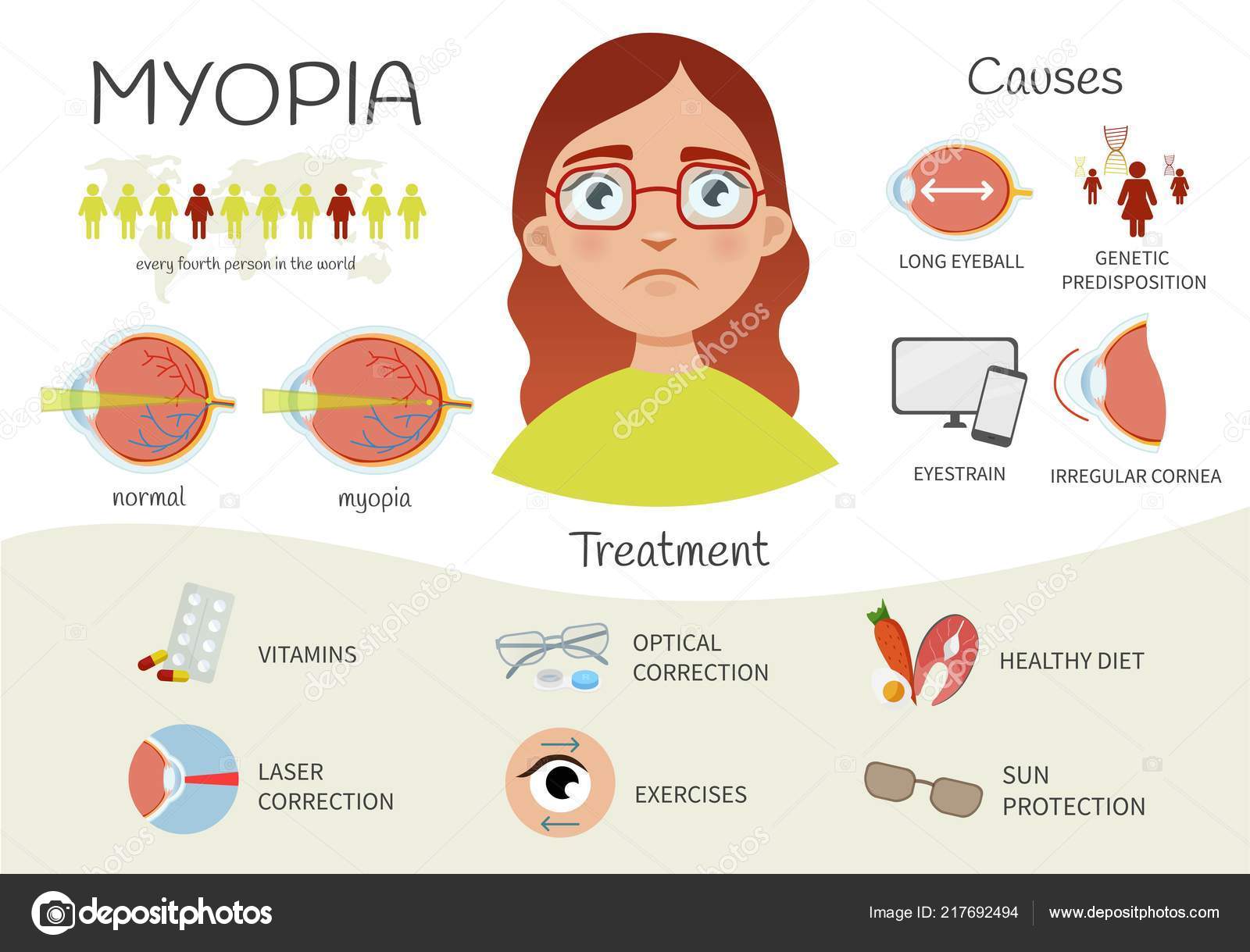Thinking About SMILE Surgery? Examine Important Elements And Insights That Can Empower You To Make An Enlightened Choice Concerning Your Eyesight'S Future
Thinking About SMILE Surgery? Examine Important Elements And Insights That Can Empower You To Make An Enlightened Choice Concerning Your Eyesight'S Future
Blog Article
Web Content Author-Hollis Patel
If you're pondering SMILE eye surgery, contemplate this: are you prepared to accept prospective visual freedom, or does the thought of any type of dangers make you think twice? Your choice will rest on a cautious balance of weighing the advantages versus the unpredictabilities. It's essential to delve much deeper into the subtleties of SMILE surgical treatment to make an educated choice that aligns with your visual objectives.
Recognizing SMILE Eye Surgery
When taking into consideration SMILE Eye Surgical procedure, it is essential to comprehend the treatment and its advantages. SMILE, which means Small Cut Lenticule Removal, is a minimally intrusive laser eye surgical procedure that deals with common vision troubles like nearsightedness (nearsightedness).
Throughout the procedure, your eye specialist will utilize a femtosecond laser to develop a small cut in your cornea. With this laceration, a small disc of tissue called a lenticule is gotten rid of, improving the cornea and correcting your vision.
One of the key benefits of SMILE Eye Surgery is its quick recuperation time. Many individuals experience boosted vision within a day or 2 after the treatment, with marginal pain.
Additionally, SMILE is understood for its high success rate in offering long-term vision adjustment. Unlike LASIK, SMILE does not call for the production of a flap in the cornea, minimizing the danger of issues and allowing for a much more stable corneal structure post-surgery.
Recognizing the procedure and its advantages is critical when considering SMILE Eye Surgery for vision improvement.
Benefits and drawbacks of SMILE
Considering SMILE Eye Surgical treatment for vision adjustment comes with different benefits and prospective disadvantages.
One of the main pros of SMILE is its minimally intrusive nature, as it includes a little laceration and normally causes fast healing times. The treatment is likewise recognized for creating marginal pain and dry eye signs post-surgery contrasted to other vision correction approaches. In addition, SMILE has actually been revealed to offer outstanding visual end results, with several people achieving 20/20 vision or better.
On the other hand, a possible disadvantage of SMILE is that it might not be suitable for individuals with extreme refractive errors, as the treatment variety is somewhat limited compared to LASIK. Another consideration is that the understanding contour for doctors applying SMILE can influence the schedule of seasoned service providers in certain locations.
It's important to evaluate these pros and cons meticulously when making a decision if SMILE is the right choice for your vision improvement demands.
Establishing Eligibility for SMILE
To figure out if you're qualified for SMILE eye surgery, your ophthalmologist will carry out a complete evaluation of your eye wellness and vision requirements. Throughout this assessment, aspects such as the security of your vision prescription, the thickness of your cornea, and the total wellness of your eyes will be examined.
Usually, candidates for SMILE more than 22 years of ages, have a steady vision prescription for at least a year, and have healthy and balanced corneas without problems like keratoconus.
Your ophthalmologist will additionally consider your general eye health, any type of existing eye problems, and your lifestyle needs to establish if SMILE is the ideal choice for you. It's essential to communicate any particular aesthetic demands or concerns you may have throughout this analysis to guarantee that the treatment lines up with your expectations.
If https://www.healthline.com/health/eye-health/floaters-after-cataract-surgery qualified for SMILE, your ophthalmologist might advise alternative vision improvement options that better fit your individual needs and eye health and wellness status.
Conclusion
Ultimately, making a decision whether SMILE eye surgical procedure is right for you calls for cautious factor to consider of your individual eye wellness and visual demands. Seek advice from your eye doctor to establish your qualification for the treatment and consider the prospective benefits and downsides. Bear in mind to communicate any kind of problems or questions you may have during the examination procedure to make an enlightened decision concerning your vision improvement alternatives.
